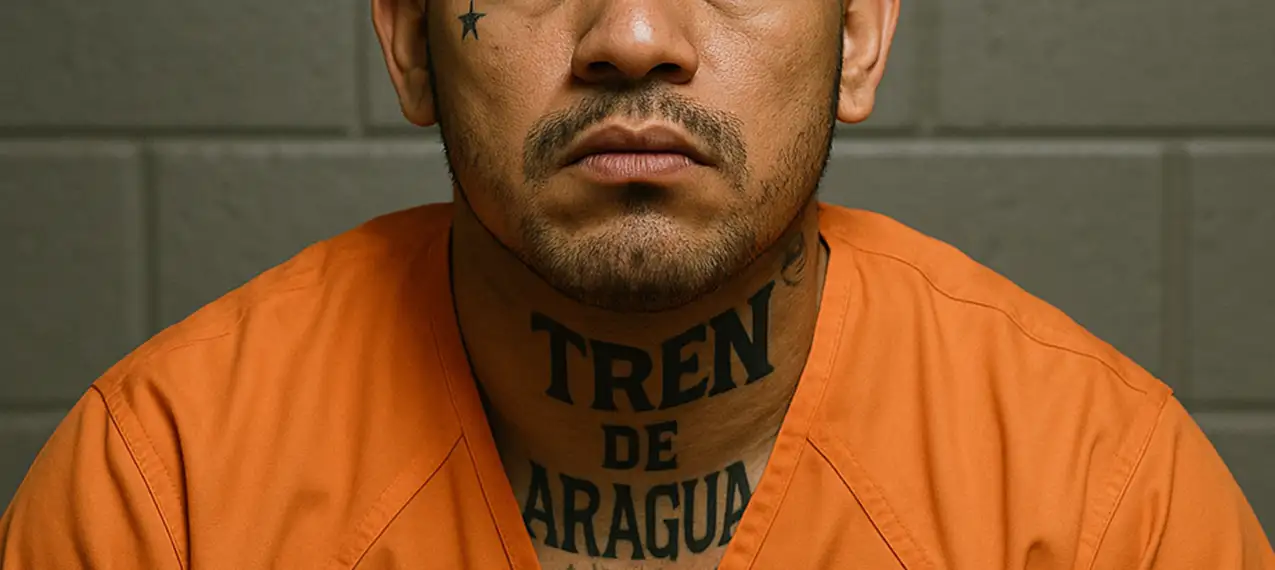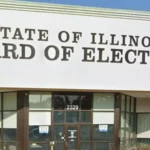
On April 7, the U.S. Supreme Court granted the Trump Administration’s request to vacate the D.C. District Court’s Temporary Restraining Orders (TROs) in the case J.G.G. v. Trump. This case was brought by five Venezuelan nationals detained for purported affiliation with the transnational criminal organization Tren de Aragua. They allege that their detainment and pending deportations were improper under the Administrative Procedure Act (APA) because of their inability to challenge the government’s determination of their gang membership. The Court issued an unsigned per curiam decision, from which Justices Sotomayor, Kagan, and Jackson dissented, and from which Justice Barrett dissented in part. The Court ruled that the case should have been brought as a habeas corpus claim rather than an APA claim. Further, as a habeas claim, the case has to be brought in the locality in which Plaintiffs are being detained, in this case the Southern District of Texas. The Court also ruled that an individual subject to detention and removal under the Alien Enemies Act (AEA) is entitled to judicial review as to whether the Act can be applied to them.
Justice Kavanaugh authored a concurring opinion just over a page in length to underscore the appropriateness of habeas corpus proceedings as the remedy in this case. He supported his reasoning with historical examples dating back to the English Habeas Corpus Act of 1679 and concluded that the noncitizens had not used the appropriate vehicle to challenge the Trump Administration’s action here.
Justice Sotomayor authored the main dissent in which she called the majority’s conclusion of law “suspect.” She wrote that the Court should “not reward the Government’s efforts to erode the rule of law,” given the invocation of the AEA absent a full-scale military intervention and the potential harm plaintiffs face. The dissent reiterated how the majority and dissenters agree that removing noncitizens without notice or hearing is a violation of due process rights. Because the Administration sought to remove people without adequate notice, Justice Sotomayor wrote that she did not see why the district court’s issuance of a TRO needed to be challenged on an emergency basis. The dissent also doubted whether AEA cases fall into the realm of habeas claims. Habeas, the dissent argued, is a process by which a plaintiff can challenge the legality of their detention, whereas these plaintiffs additionally challenge their potential removal from the United States.
Justice Jackson also penned a scathing dissent on her own, in which she referred to the majority’s position as being incorrect and railed against this case’s decision from the emergency docket. She called the majority’s decision to intervene before the district court’s preliminary injunction hearing “misguided,” “dangerous,” and “rushed.” In surprisingly accusatory and somewhat personal terms, she asserted that the current Court obfuscated to not “[leave] a record so posterity could see how it went wrong.”
Since SCOTUS issued its decision rejecting these APA claims, several Venezuelan nationals have filed habeas corpus petitions challenging their pending removal from the U.S. in the Southern District of Texas District Court. So far, the Texas court issued a TRO in the case J.A.V. v. Trump, which prevents the government from removing anyone thought to be covered under the AEA that is currently held in the El Valle Detention Center. The Southern District of Texas also issued a Preliminary Injunction in the case Zacarias Matos v. Venegas, which enjoins the government from deporting a different petitioner before the court holds an evidentiary hearing to determine whether he is a member of TdA.
This case sheds light on the procedural hurdles the Trump Administration must meet to deport noncitizens they designate to be members of foreign criminal organizations. Hopefully, as President Trump’s term continues, these habeas corpus claims can be adjudicated quickly and efficiently to ensure due process while also removing criminal actors from the country.
SUPPORT LANDMARK LEGAL FOUNDATION
We are truly facing existential threats to our individual rights and liberties, the Constitution, and our national character. If unchallenged, this assault on our very way of life will ruin our great nation. With your financial and moral support, Landmark is not going to let that happen without a fight. Will you join us?
JOIN OUR MAILING LIST
Never miss an update from Landmark Legal Foundation as we continue the fight to preserve America’s principles and defend the Constitution from the radical left.





